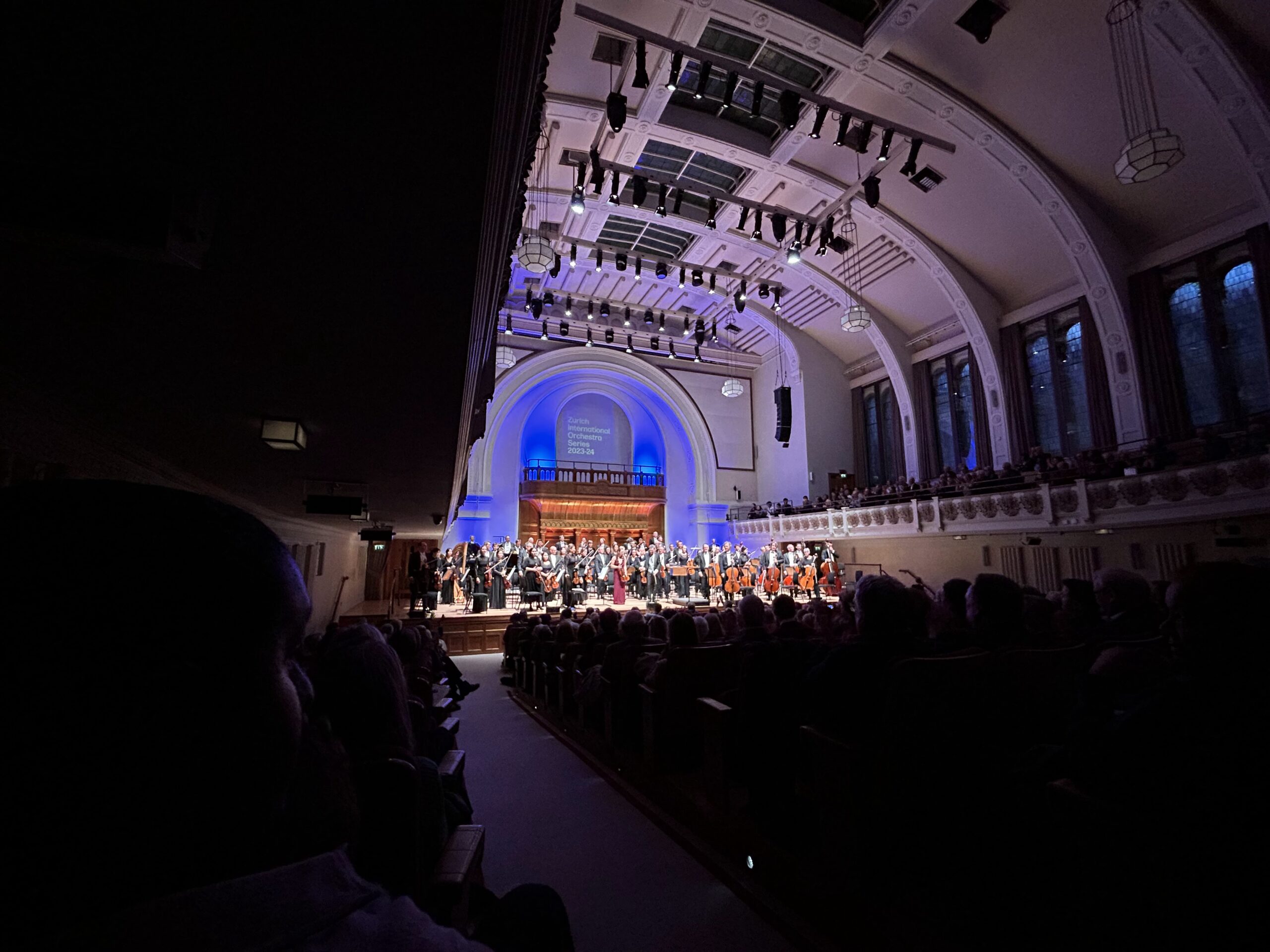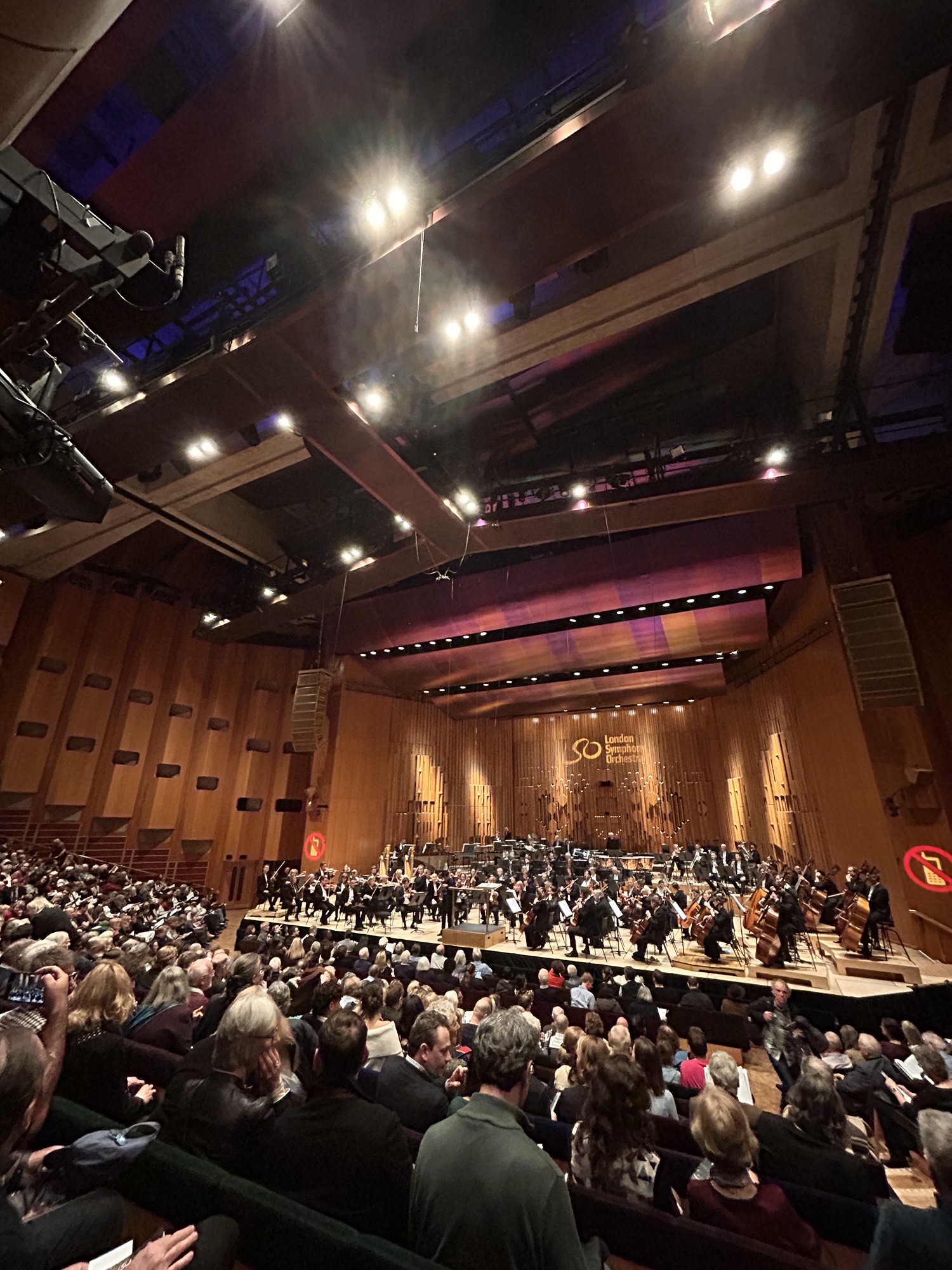News: Sir Andras Schiff has a book out. They’re memoirs. They’re published by Orion Books. He’s not written the book himself. He like a great many other non-writers has dictated his thoughts and feelings to a writer who has shaped them into a manuscript, and persuaded someone to publish them. After that, a PR has sought to get coverage for the forthcoming release by highlighting some of his key messages, those in particular most likely to curry favour, divide opinion, and entrench camps.
Schiff’s views aren’t new, nor are they especially radical: audiences don’t really understand what they’re listening to and a lot of that is down to music education being a pile of shit.
How you respond to his points denotes what side you’re on in the present cultural war. PRs and publishing houses know that – that’s the whole point of the ‘story’ in the Telegraph, that’s the reason its been published in the Telegraph, and that’s why I’m writing about it at 6.30am on the DLR into London.
I don’t especially care what Schiff thinks about whether or not me and others like me understand what a good performance or a poor performance is. The experience of listening to a live performance isn’t solely about ‘observing’ the instrumentalist as though they’re in a gilt frame hanging on a wall. Listening is about reflecting on how I respond in the moment to the music I’m listening to.
Music is art. The musician is an interlocutor. Musical experiences then depend not only on the music and musician, but the receptiveness of me the audience member. My knowledge or lack thereof is of little consequence. It’s my self-awareness in the moment that is important.
What saddens me is not what Schiff says nor the fact he said it. Rather, its the way a statement like this reminds me of the way classical music is weaponised. In Schiff’s case, its the judgment made about apparent the lack of classical music knowledge and the way it fuels the snobbery and superiority over those where knowledge is found to be lacking.
In other areas of my life, I see the reverse happening. Those with knowledge and experience of repertoire like me are regarded with suspicion. Expertise is sometimes seen by those who themslves recognise their own lack of knowledge, as a threat to the accessibility and universal appeal of the genre. Expertise is projected as barrier to universality. And anyone who points that out is regarded as a self-appointed gatekeeper who is part of the problem.
It’s tiresome. I end up feeling guilty for my ongoing fascination with a musical genre which helped reclaim me from depression and suicidal thoughts – a genre and sector which continues to surprise, delight and excite.
The very studies which might make Schiff nod with approval, are the very studies that make others regard me as ‘too Radio 3’ or, if you speak to some at Radio 3, ‘not Radio 3 enough’. I often feel as though I am caught in the middle where it feels surprisingly lonely, chewing at my nails hoping the sense of guilt will disappear a little more quickly this time around.
I don’t believe there will ever be a time when this argument – triggered by the digital utterances Schiff’s forthcoming memoir have provoked – will be a thing of the past. As long as that argument survives we will always need marketers and PRs to sell the thing we all care about so deeply.
I just hope I do eventually stop feeling guilty for knowing about classical music, and for not knowing enough about it.
Be sure to read Fran Wilson’s take on this for a different perspective.



